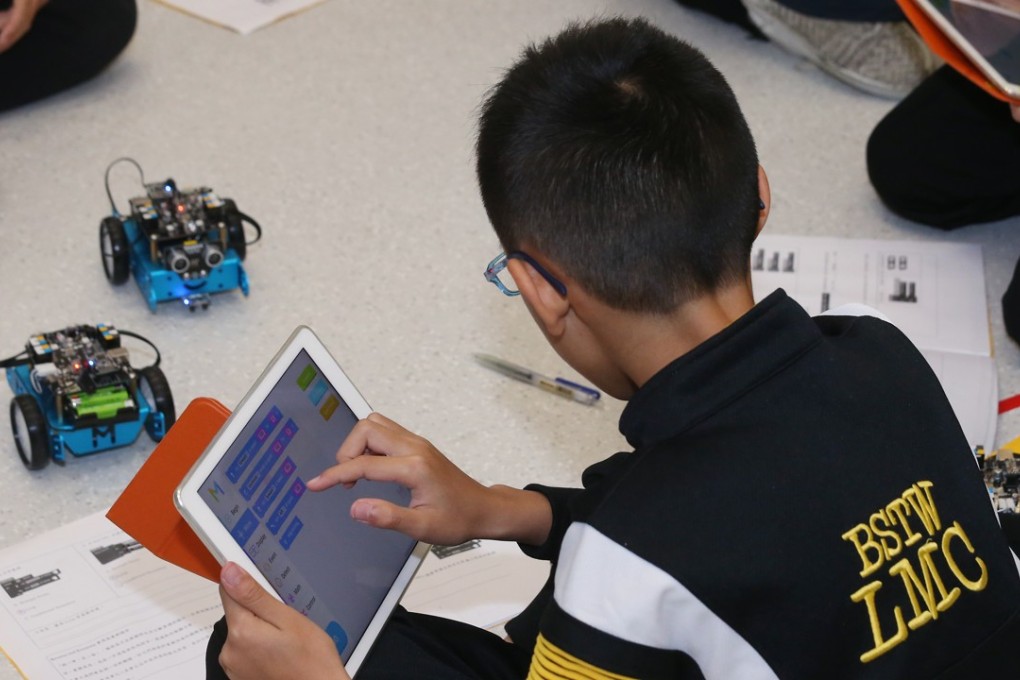Hong Kong’s teachers can help change mindsets on science and maths degrees
William Pang is alarmed at students’ growing aversion to science and maths fields and says the crux of the problem seems to be that educators are failing to convince them about the diverse doors STEM degrees can open

Friends and teachers from my days at Diocesan Boys’ School would never have pinned me as an engineering major. I was mediocre at best in maths.
Which is why I was surprised to hear that many of my maths-whiz friends ended up pursuing majors in the humanities, law or medicine, rather than engineering, maths or the physical sciences.
A recent study spearheaded by Professor Tsui Lap-chee, former president of the University of Hong Kong, raised further alarm: the percentage of students taking advanced maths dropped from 23 per cent in 2012 to 14 per cent last year. But admission data shows that entry into engineering and science programmes is less competitive than for the humanities. So why are students increasingly uninterested in the STEM (science, technology, engineering and maths) fields?
Too few Hong Kong secondary pupils taking advanced maths and science courses, researchers say
An essential point that has been underemphasised in the STEM discourse is that an education in STEM fields can open many doors. Engineering students don’t just learn about the nuances of thermodynamic cycles, they must learn to work as a team and solve real-life problems. Science and maths students are trained to think critically, question assumptions and form hypotheses – skills that are of incredible value.
Calls to trim core secondary school subjects to make room for science electives
Hong Kong’s education system places too much emphasis on the idea that there is a “model answer” for every problem: which is often not the case in science and certainly not true in real life.
Educators across all levels of schooling play a role in shaping the perception of STEM fields